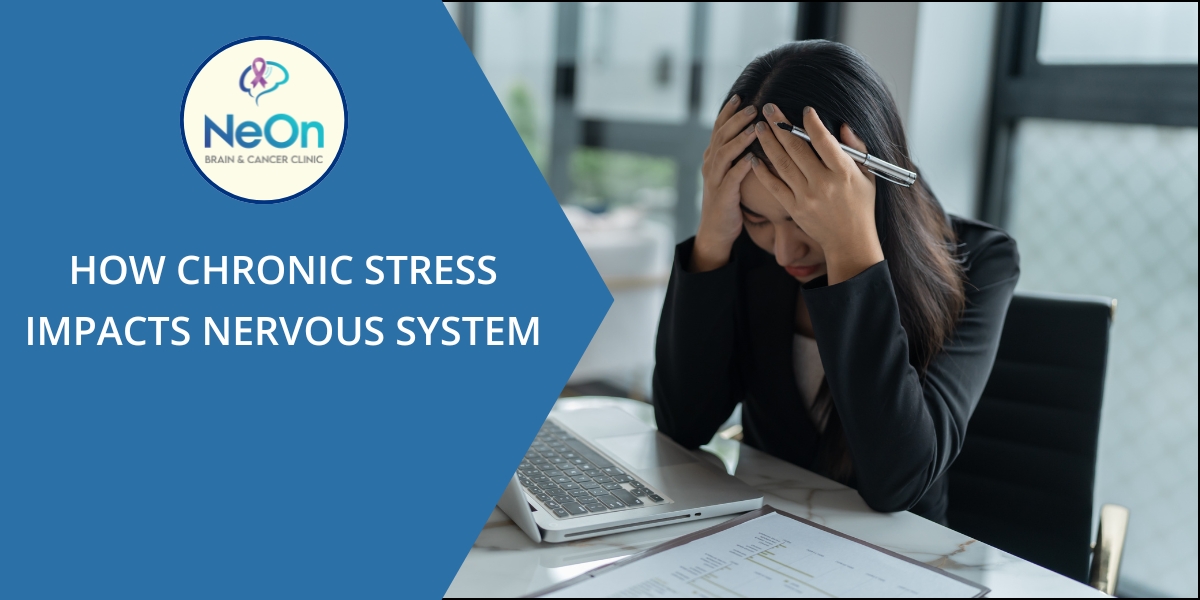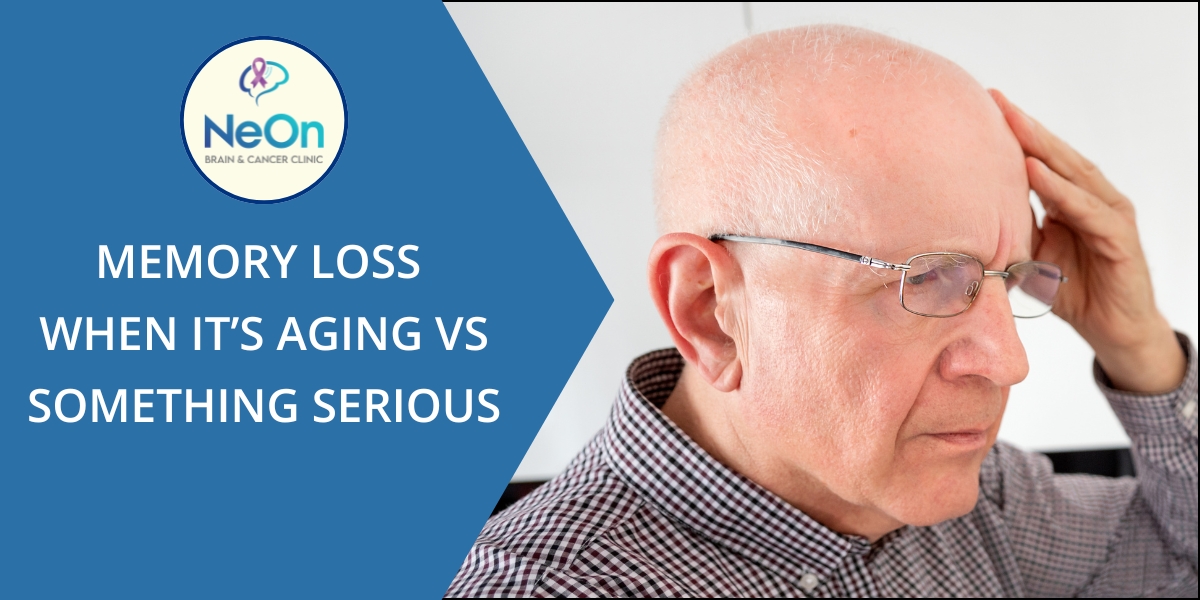For most people, memories are precious they hold the story of our lives, the faces of loved ones, and the experiences that shape who we are. But for someone living with dementia, these memories can slowly fade away, replaced by confusion, frustration, and uncertainty.
Dementia is not just about forgetting names or misplacing objects — it is a progressive neurological condition that deeply affects the brain’s ability to think, remember, and function in daily life. As a neurologist, I often meet patients and families struggling to understand why these changes happen and what they mean for the future.
In this article, we will explore how dementia affects the brain, why it leads to memory loss, and what can be done to manage its progression.
Understanding Dementia
Dementia is not a single disease but a group of brain disorders that interfere with memory, thinking, communication, and daily functioning. The most common type is Alzheimer’s disease, followed by vascular dementia, Lewy body dementia, and frontotemporal dementia.
While each type has unique characteristics, they all involve damage to brain cells that disrupts the communication between different brain regions.
How Dementia Affects the Brain
The brain is a complex organ with billions of nerve cells (neurons) working together to process thoughts, store memories, and control bodily functions. In dementia, these neurons are damaged or destroyed, leading to the loss of brain tissue over time.
Here’s what happens:
-
Damage to the Hippocampus – The Memory Center
The hippocampus, located in the brain’s temporal lobe, plays a vital role in forming new memories. In Alzheimer’s disease and many other dementias, this is one of the first areas to be affected, explaining why short-term memory loss is an early symptom.
-
Shrinkage of Brain Regions
As dementia progresses, parts of the brain begin to shrink (atrophy). This affects areas responsible for thinking, language, and reasoning, making daily tasks more challenging.
- Disruption of Brain Communication
Neurons communicate through chemical signals. In dementia, the production and balance of these chemicals are disrupted, preventing smooth transmission of information.
-
Plaque and Tangle Formation
In Alzheimer’s, abnormal protein deposits (amyloid plaques) and twisted fibers (tau tangles) build up inside the brain, damaging neurons and blocking their communication pathways.
-
Impact on the Prefrontal Cortex
The prefrontal cortex controls decision-making, planning, and personality. When damaged, it can lead to changes in behavior, mood swings, and poor judgment.
Why Dementia Causes Memory Loss
Memory is not stored in one place; it is a network of connections across the brain. When dementia damages these connections especially in the hippocampus and temporal lobes — the brain loses its ability to store new information or retrieve old ones.
Early in dementia, people may forget recent conversations or appointments. As it advances, even long-term memories such as childhood events or the names of close family members — can fade.
Stages of Memory Loss in Dementia
- Mild Stage – Occasional forgetfulness, misplacing items, difficulty finding words.
- Moderate Stage – Forgetting recent events, trouble recognizing familiar places, confusion about time.
- Severe Stage – Losing awareness of surroundings, inability to recognize loved ones, requiring full-time care.
Other Cognitive Changes Caused by Dementia
While memory loss is the most recognized symptom, dementia also affects:
- Language skills – Difficulty speaking or understanding.
- Attention span – Trouble focusing on tasks.
- Problem-solving abilities – Difficulty managing finances, cooking, or planning.
- Emotional regulation – Irritability, anxiety, or depression.
Living with Dementia – A Holistic Approach
Although there is currently no cure for most types of dementia, early diagnosis and treatment can help slow progression and improve quality of life.
Management may include:
- Medications – To manage symptoms and slow cognitive decline.
- Cognitive therapy – Exercises to strengthen memory and thinking skills.
- Lifestyle changes – Healthy diet, regular exercise, and social engagement.
- Family education – Training caregivers to provide supportive, patient-centered care.
Case Insight – The Power of Early Detection
One of my patients, a retired teacher, began experiencing mild forgetfulness and difficulty managing her daily schedule. Her family initially thought it was just part of aging, but we diagnosed her with early-stage Alzheimer’s.
With medication, mental stimulation exercises, and family support, she maintained her independence for years. This case highlights why recognizing the early signs and seeking medical help is so important.
Dementia deeply affects the brain’s structure and function, leading to progressive memory loss and cognitive decline. Understanding how it works is the first step toward managing it effectively and providing compassionate care to those affected.
As Dr. Sadique Pathan – Best Neurologist in Hadapsar, my goal is to help patients and families navigate this journey with medical expertise, emotional support, and practical guidance. While we may not yet have a cure, we do have strategies to help preserve dignity, independence, and quality of life for as long as possible.
Frequently Asked Questions (FAQs)
- Is memory loss always a sign of dementia?
No. Memory loss can be caused by stress, depression, vitamin deficiencies, or other medical conditions. A neurologist can determine the cause. - Can dementia be reversed?
Most types of dementia, like Alzheimer’s, cannot be reversed, but early treatment can slow progression. - How is dementia diagnosed?
Through medical history, cognitive tests, brain imaging, and sometimes blood tests to rule out other conditions. - At what age does dementia usually start?
Most cases occur after age 65, but early-onset dementia can appear as early as the 40s or 50s. - How can I reduce my risk of dementia?
Maintain a healthy lifestyle — balanced diet, regular physical activity, mental exercises, and controlling conditions like diabetes and high blood pressure.



